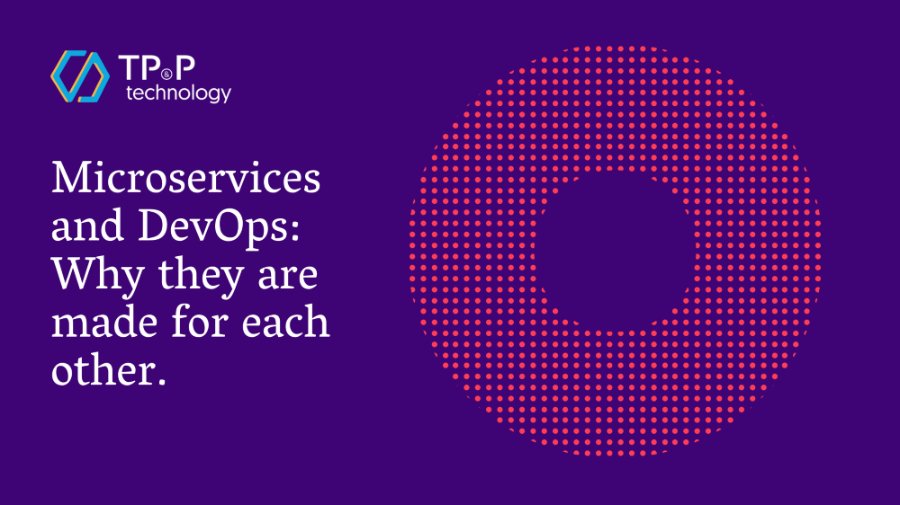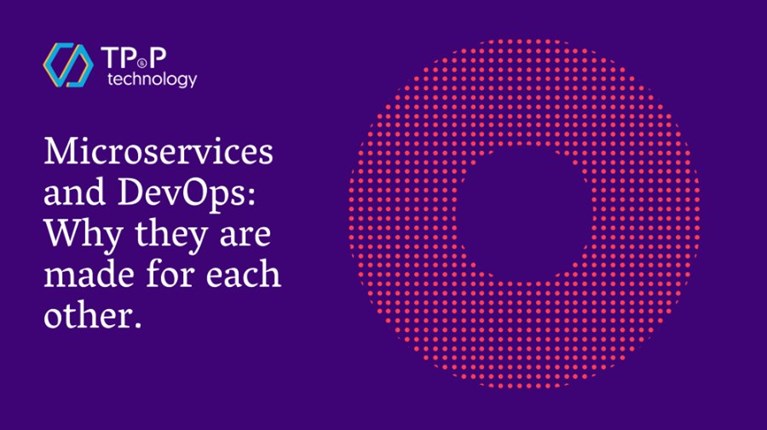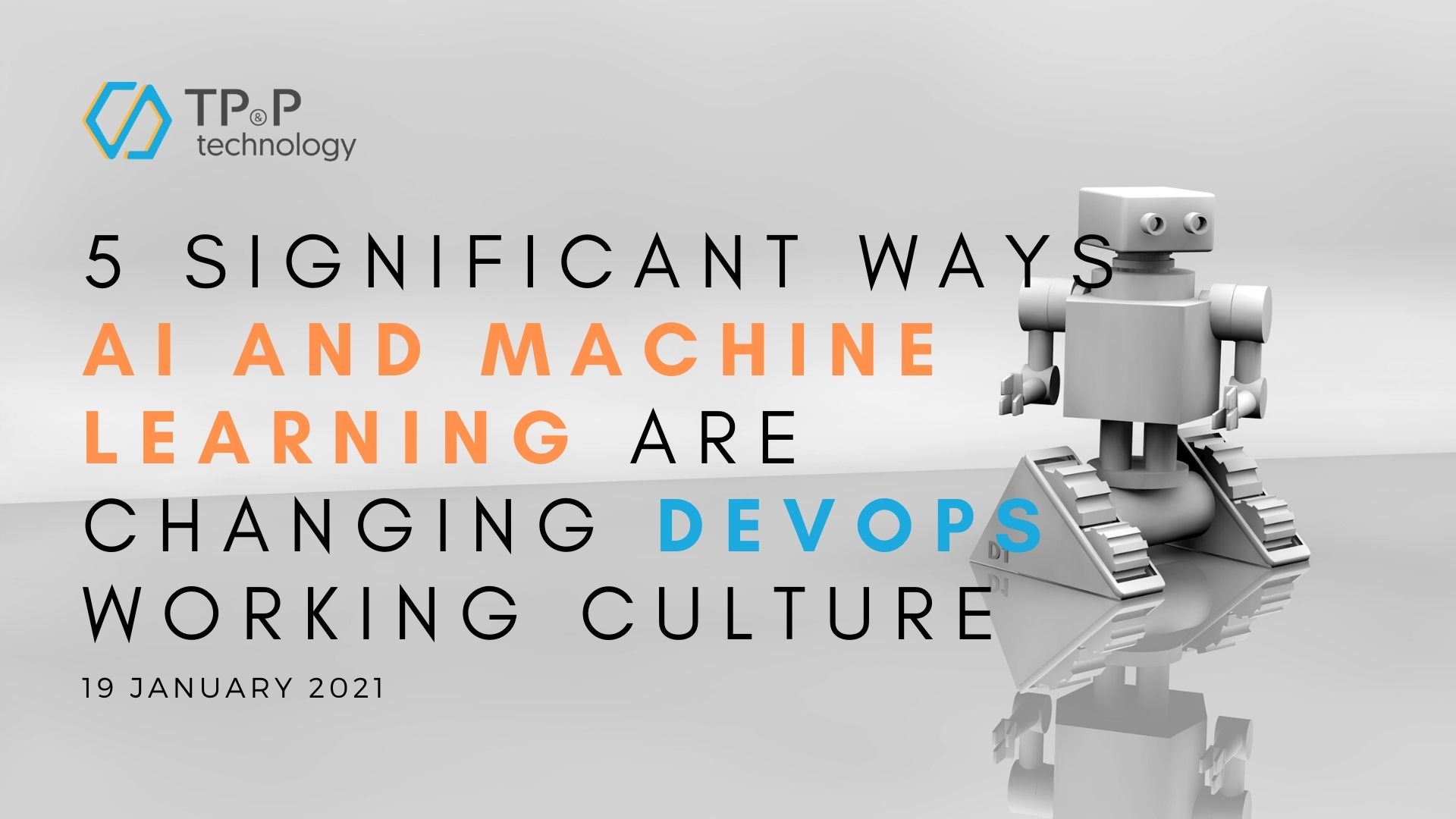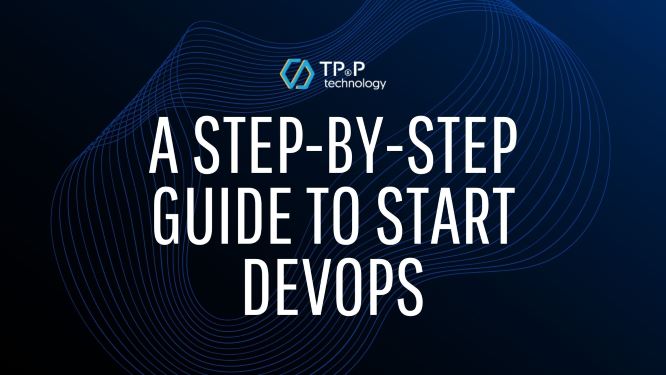
Microservices and DevOps: Why they are made for each other
Our previous two blog posts have already talked about How DevOps Is A Breadwinner in Digital Transformation and given you a DevOps Full Guideline For CEOs. Now let’s look at how DevOps can help to reap the advantages from microservices.
But first of all, let’s get into the definition of what is Microservices?
There are many definitions for microservices, but to simply put, microservice is a type of software architecture in its simplest form. The modules are divided into very small services (microservice). Each service will be placed on a separate server; therefore, it will be easier to upgrade and scale it.
Microservices are different from Monolith architecture, instead of combining all modules into one block (monolith), we separate the modules into microscopic services. Each service will be located on a separate server (for example a cloud server like AWS or Azure), and communicate via a network (send and receive messages via HTTP protocol or using MessageQueue).
So what are the advantages of using microservices?
Currently, applications are usually developed on a large scale and continuously need to be updated. Some of the well-known applications like that include Facebook, LinkedIn, Snapchat, etc. If we use monolith architecture to build these apps, consolidating an entire application into one upgrade workload becomes difficult and time-consuming.
To solve that problem, large-scaled applications are split into small services. Each service manages a separate database, located on a typical server, completely separate from each other.
The advantages are as follows:
- First of all, it’s very easy to upgrade and scale up or scale down. Let's say you build a website related to transportation and warehouse. When the number of vehicles or goods increases, all you need to do is just upgrade the server for service related to logistics (on the contrary, you can reduce the server if necessary). With cloud computing, upgrading servers is easy with just a few mouse clicks. This is very difficult to do with the monolith.
- Due to the separation, if a service fails, the whole system still works normally. With Monolith, a faulty module can crash the entire system.
- Services are located separately; they can be used with separate programming languages, separate databases. For example, image processing service can be written in C ++; data aggregation service can be written in Python.
- Automated processes such as build, deploy, monitoring, etc. can be applied.
- When breaking services down, team size will decrease, and people will work more efficiently.
However, there are still some disadvantages like low speed when communicating via network comparted to the monolith, complicated monitoring, and management of these services.
But what’s DevOps got to do with microservices?
Because microservices are developed non-overlapping, how can we integrate all of these small services into a viable solution? DevOps model plays a critical role as a facilitator. Because both microservices and DevOps provide an agile model. In order to yield smaller and more frequent releases, microservices follow the agile model to assist the development, speed, and agility.
DevOps and microservices work better when collaborating, especially when DevOps’ automation is added to the equation, which makes sure we get the same process each time through the CI/CD pipeline. DevOps’ automation also reduces significant time to process the new cycle (code/build/test/deploy).
Simultaneously, microservices can leverage the agile methodology, where the development’s responsibility is shared across the whole team that helps each team member work more independently.
DevOps practices are used to break large problems into smaller pieces and solve them one at a time. Microservices fits into the DevOps ideals; therefore, it empowers all teams to collaborate to increase developers’ freedom.
Conclusion
If DevOps sounds like a good solution for your organization’s needs but you still need more information to get it right on the first try, TP&P Technology is the top software development outsourcing company in Vietnam, we also provide IT consulting services (including DevOps consulting services) that helps to you solve uniques challenges. TP&P Technology expert consultants are available to talk to you now. Get in touch with us!



